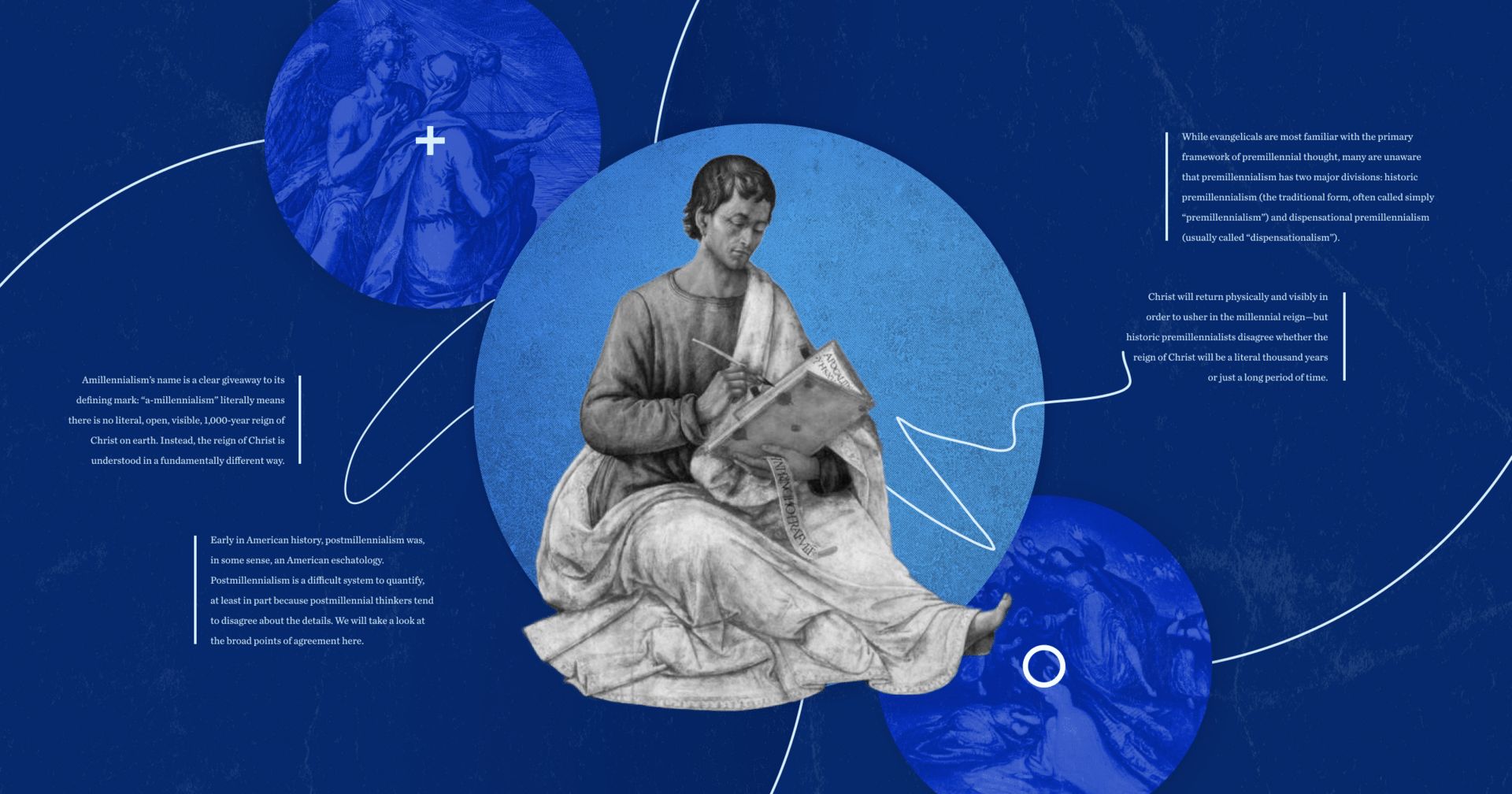
Eschatology is the study of the end times, focusing on the ultimate destiny of humanity and the world. But what exactly does it cover? Eschatology delves into topics like the apocalypse, the final judgment, and the afterlife. Different religions and philosophies have their own unique takes on these events. For instance, Christianity talks about the Second Coming of Christ, while Hinduism discusses cycles of creation and destruction. Eschatology isn't just about doom and gloom; it also explores themes of hope, renewal, and eternal life. Curious about what various cultures believe will happen at the end of days? Let's dive into 28 intriguing facts about eschatology that will broaden your understanding of this fascinating subject.
What is Eschatology?
Eschatology is a branch of theology that studies the end times, including death, judgment, and the final destiny of the soul and humankind. It explores beliefs about the ultimate fate of the world and humanity.
- The term "eschatology" comes from the Greek word "eschatos," meaning "last" or "final."
- Eschatology is a significant part of many religions, including Christianity, Islam, Judaism, and Hinduism.
- In Christianity, eschatology often focuses on the Second Coming of Christ and the Last Judgment.
- Islamic eschatology includes beliefs about the Day of Judgment and the return of Jesus (Isa).
- Jewish eschatology involves the coming of the Messiah and the resurrection of the dead.
- Hindu eschatology includes the concept of cyclical time, with the universe undergoing endless cycles of creation and destruction.
Key Concepts in Eschatology
Eschatology covers various key concepts that differ across religions but share common themes of finality and transformation.
- The "Apocalypse" refers to the complete and final destruction of the world, often depicted in religious texts.
- "Armageddon" is a term used in Christianity to describe the final battle between good and evil.
- "Rapture" is a Christian belief where believers are taken up to heaven before the tribulations of the end times.
- "Tribulation" refers to a period of suffering and hardship preceding the end times.
- "Millennium" in Christian eschatology is a thousand-year reign of Christ on Earth.
- "Purgatory" in Catholicism is a temporary state where souls are purified before entering heaven.
Eschatological Texts and Prophecies
Religious texts and prophecies provide detailed descriptions and predictions about the end times, shaping believers' understanding and expectations.
- The Book of Revelation in the New Testament is a primary source of Christian eschatology.
- The Quran contains numerous references to the Day of Judgment and the afterlife.
- The Hebrew Bible, particularly the Book of Daniel, includes eschatological visions and prophecies.
- Hindu scriptures like the Puranas describe the end of the current age (Kali Yuga) and the coming of a new age.
- Nostradamus, a 16th-century seer, is famous for his cryptic prophecies about the end times.
Modern Interpretations and Theories
Eschatology continues to evolve, with modern interpretations and theories reflecting contemporary concerns and scientific understanding.
- Some modern Christian eschatologists interpret current events as signs of the approaching end times.
- The concept of "singularity" in technology predicts a future where artificial intelligence surpasses human intelligence, potentially leading to transformative changes.
- Environmental eschatology focuses on the potential end of human civilization due to climate change and ecological collapse.
- The "Doomsday Clock," maintained by the Bulletin of the Atomic Scientists, symbolizes the likelihood of a global catastrophe.
Cultural Impact of Eschatology
Eschatology has a profound impact on culture, influencing literature, art, and popular media.
- Dante's "Divine Comedy" is a literary work deeply rooted in eschatological themes.
- Movies like "The Matrix" and "Mad Max" explore eschatological scenarios and post-apocalyptic worlds.
- TV series such as "The Walking Dead" and "Supernatural" depict end-of-the-world themes and battles between good and evil.
- Eschatological themes are prevalent in music, with bands like Metallica and Iron Maiden often referencing apocalyptic imagery.
Personal and Societal Implications
Beliefs about the end times can shape personal behavior and societal attitudes, often motivating ethical and moral considerations.
- Some individuals prepare for the end times by stockpiling supplies and building shelters, a practice known as "prepping."
- Eschatological beliefs can inspire social movements and political actions, such as environmental activism or peace efforts.
- Ethical considerations in eschatology often emphasize the importance of living a righteous life and caring for others in anticipation of the final judgment.
The Final Countdown
Eschatology, the study of end times, has fascinated people for centuries. From ancient prophecies to modern interpretations, it covers a wide range of beliefs and theories. Some see it as a spiritual journey, while others view it through a scientific lens. Regardless of perspective, eschatology offers a unique look into how different cultures and religions perceive the end of the world.
Understanding these beliefs can provide insight into human nature and our collective fears and hopes. Whether you’re a history buff, a theology enthusiast, or just curious, eschatology has something for everyone. It’s a topic that encourages deep thinking and open-mindedness.
So, next time you hear about the apocalypse, remember there’s more to the story than just doom and gloom. It’s a rich field full of intriguing ideas and endless possibilities. Keep exploring, and you might find your own answers.
Was this page helpful?
Our commitment to delivering trustworthy and engaging content is at the heart of what we do. Each fact on our site is contributed by real users like you, bringing a wealth of diverse insights and information. To ensure the highest standards of accuracy and reliability, our dedicated editors meticulously review each submission. This process guarantees that the facts we share are not only fascinating but also credible. Trust in our commitment to quality and authenticity as you explore and learn with us.
